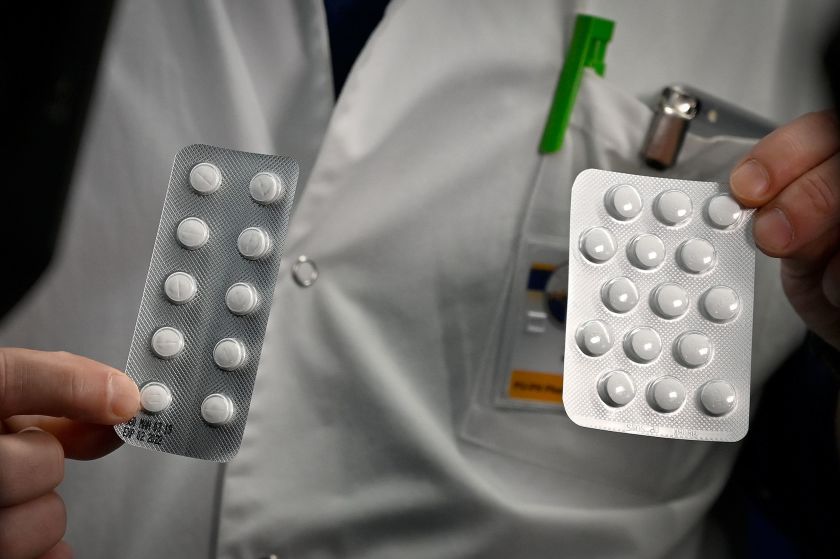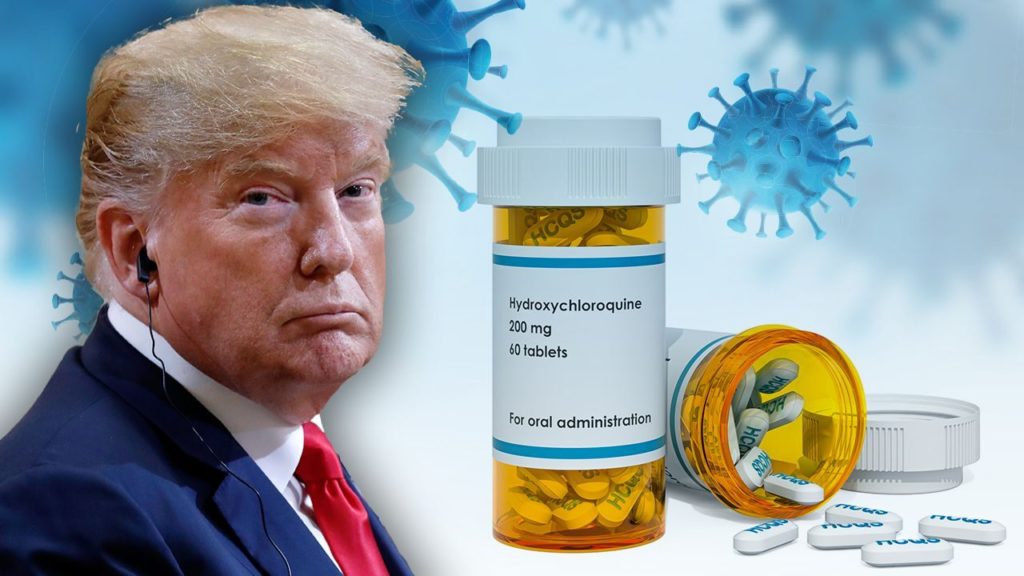GENEVA (Reuters) – The World Health Organization (WHO) said on Saturday that it was discontinuing its trials of the malaria drug hydroxychloroquine and combination HIV drug lopinavir/ritonavir in hospitalised patients with COVID-19 after they failed to reduce mortality.

“These interim trial results show that hydroxychloroquine and lopinavir/ritonavir produce little or no reduction in the mortality of hospitalised COVID-19 patients when compared to standard of care. Solidarity trial investigators will interrupt the trials with immediate effect,” the WHO said in a statement, referring to large multi-country trials that the agency is leading.
The U.N. agency said that the decision, taken on the recommendation of the trial’s international steering committee, does not affect other studies where the drugs are used for non-hospitalised patients or as a prophylaxis.
Another arm of the WHO-led trial is looking at the potential effect of Gilead’s antiviral drug remdesivir on COVID-19.
Trump and hydroxychloroquine
U.S. President Donald Trump’s enthusiastic promotion of the anti-malarial drug hydroxychloroquine as a treatment for COVID-19, despite a lack of controlled trials or non-anecdotal evidence for its efficacy, has led some to speculate that he has a financial interest in the drug. The notion gained significant traction when The New York Times reported that Trump has “a small personal financial interest in Sanofi,” a French company that makes the brand-name version of hydroxychloroquine. “If hydroxychloroquine becomes an accepted treatment,” the Times reported, “several pharmaceutical companies stand to profit, including shareholders and senior executives with connections to the president.”

Trump reportedly does have a small, personal financial interest in Sanofi, as well as other relevant pharmaceutical companies. According to his most recent financial-disclosure report, Trump earns income from three family trusts, each of which are, in part, invested in mutual funds whose earnings come from a shared pool of investments. In some cases, these funds include minor holdings in pharmaceutical companies, including Sanofi, Snopes reported last April
REUTERS

Leave a Reply
You must be logged in to post a comment.